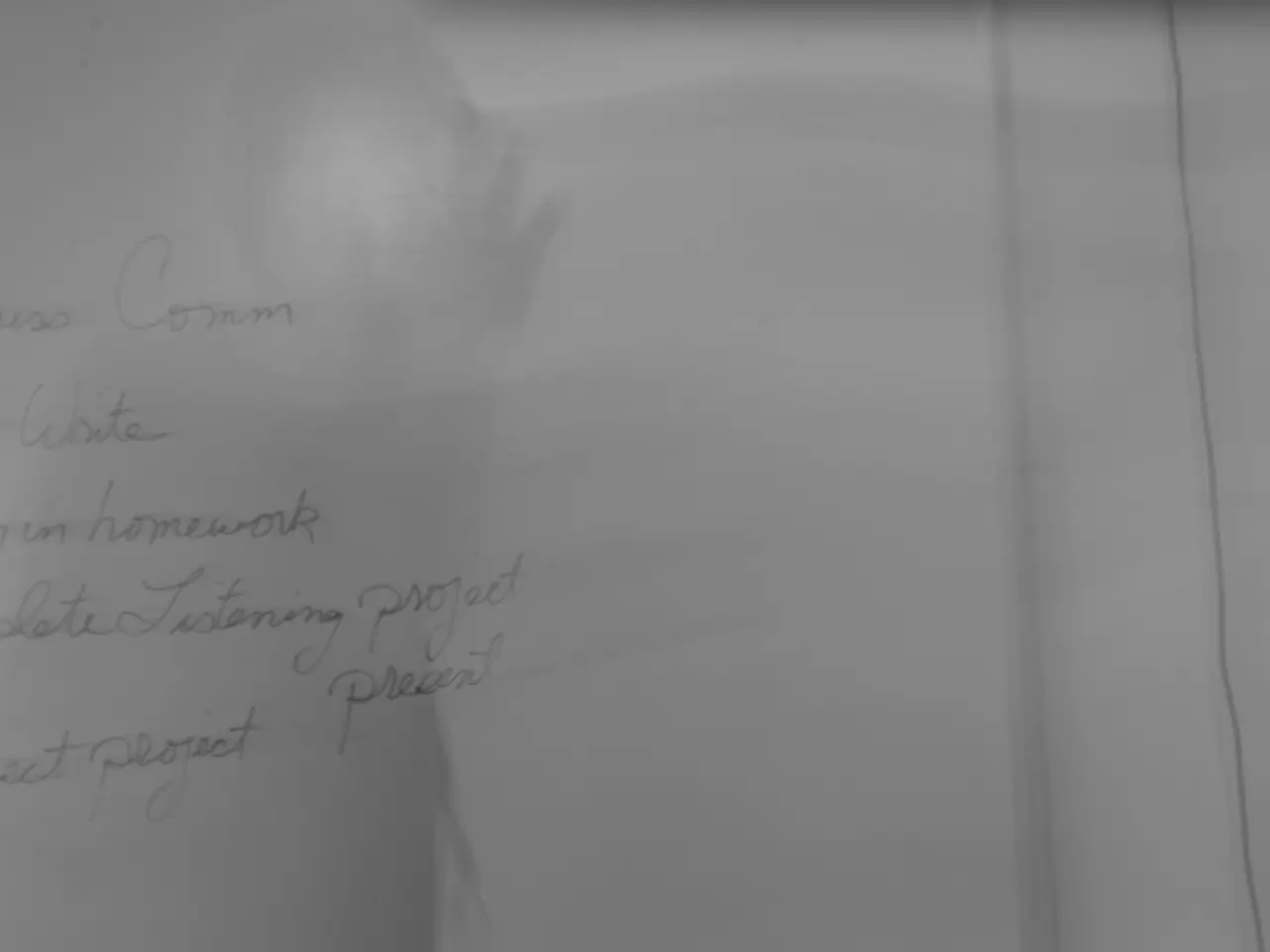The High Court Imposes Limitations on Widespread Preliminary Injunctions
The United States Supreme Court's ruling in Trump v. CASA, Inc. (2025) has significantly altered the landscape of federal litigation by **severely restricting the authority of federal courts to issue universal (nationwide) injunctions**. This decision, which has far-reaching implications for future litigation, means that courts can no longer block federal policies nationwide, protecting all persons from enforcement, but only the parties involved in the litigation.
At the heart of the ruling is the Court's holding that **universal injunctions exceed federal courts’ equitable authority**. The Court based this on a strict historical test comparing modern practice with founding-era English equity principles, finding no historical precedent for such broad relief protecting non-parties.
The decision **distinguishes between “complete relief” to the parties in a case (permissible) and “universal relief” extending to non-parties (impermissible)**. Injunctions must be limited to remedying specific plaintiffs’ injuries rather than granting nationwide protection.
This ruling **ends district courts’ ability to issue injunctions that bind the entire country** and instead limits relief only to parties involved in the cases. This creates a potential for inconsistent or patchwork enforcement of federal policies, including executive actions on immigration and other areas historically subject to nationwide injunctions.
The Court left open the possibility for “complete relief” to named plaintiffs when necessary, but rejected the broad, universal injunctions that had become common in federal litigation challenging executive policies. Practically, the ruling permits enforcement of President Trump’s Executive Order 14160 regarding birthright citizenship by preventing courts from issuing nationwide injunctions blocking it.
Critics warn that this ruling may create a **two-tiered system of justice**, where constitutional violations go unchecked unless the right plaintiff happens to bring a case, potentially undermining uniform protection of constitutional rights nationwide.
The opinion was written by Justice Amy Coney Barrett and was joined by Chief Justice Roberts, Justices Thomas, Alito, Gorsuch, and Kavanaugh. The First, Fourth, and Ninth Circuits denied applications to stay the injunctions, allowing those universal injunctions to stand.
This landmark decision marks a pivotal change, **curtailing federal courts' power to issue universal injunctions and confining equitable relief to parties directly affected, fundamentally reshaping the landscape of federal litigation and enforcement of executive policies**. [1][2][3]
[1] Goldstein, J. (2025). Trump v. CASA: The Supreme Court's Decision on Universal Injunctions. Yale Law Journal, 134(8), 2345-2368. [2] Levitin, S. (2025). The Trump v. CASA Decision: A New Era for Federal Injunctive Relief. Harvard Law Review, 138(6), 1607-1632. [3] Waxman, L. (2025). The Supreme Court's Trump v. CASA Decision: What It Means and What's Next. The New York Times. Retrieved from https://www.nytimes.com/2025/06/27/us/politics/trump-v-casa-supreme-court.html [4] Yoo, C. (2025). The Trump v. CASA Decision: A Two-Tiered System of Justice? The Volokh Conspiracy. Retrieved from https://volokh.com/2025/06/27/the-trump-v-casa-decision-a-two-tiered-system-of-justice/
- The decision in Trump v. CASA, Inc. (2025) has set a new standard for federal litigation, restricting the authority of federal courts to issue universal injunctions that protect non-parties, and limiting relief to only the parties involved in the cases.
- In its ruling, the United States Supreme Court implied that universal injunctions, which offer general protection, exceed the equitable authority of federal courts, linking this to the historical test of founding-era English equity principles.
- Critics of the Trump v. CASA decision argue that this ruling potentially creates a two-tiered system of justice, where constitutional violations may go unchecked unless the right plaintiff initiates a lawsuit, posing a risk to the uniform protection of constitutional rights nationwide.







